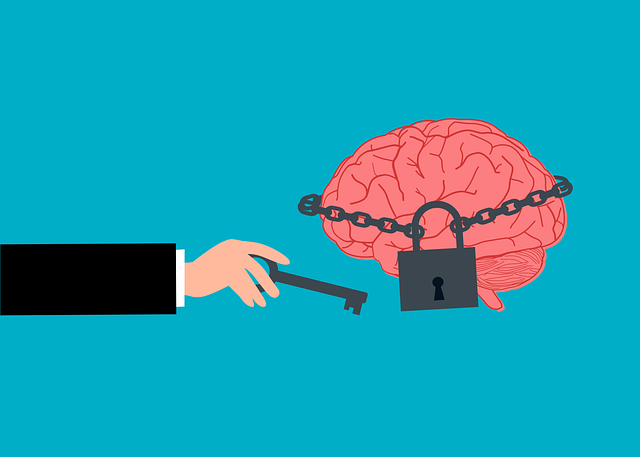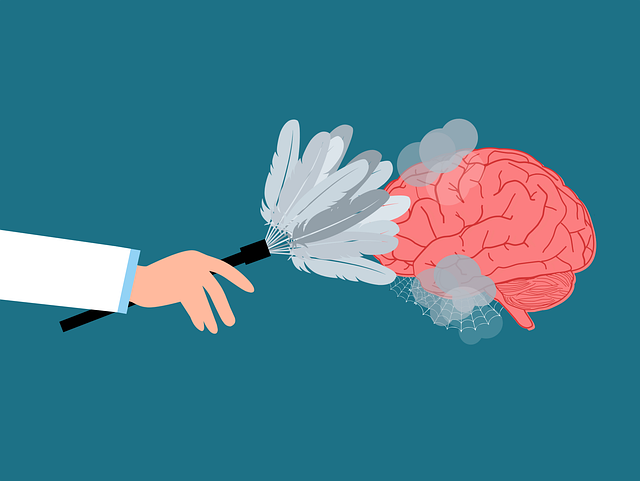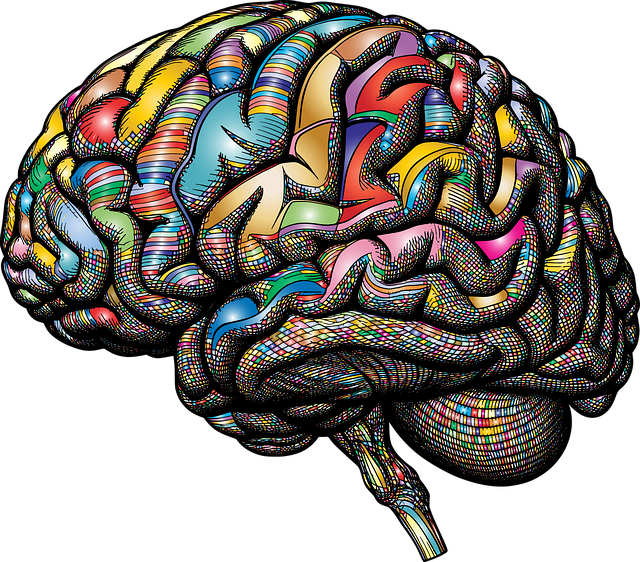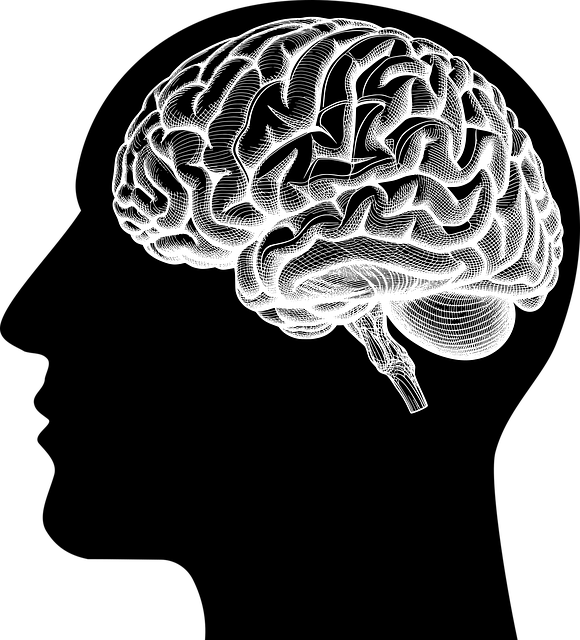Superior Panic Disorder (SPD) and anxiety attacks significantly impact daily life. Recognizing symptoms like sudden fear, rapid heartbeat, sweating, trembling, and dizziness is crucial for effective therapy. Short-term support strategies create safe spaces and implement practical safety measures, while mental health professionals assess and guide crisis interventions. Long-term therapy incorporates Mind Over Matter principles, self-care practices, emotional intelligence, and mindfulness to reduce anxiety symptoms, enhance resilience, and foster sustainable recovery. For optimal SPD and anxiety attacks therapy, focus on these tailored strategies to improve overall well-being.
Anxiety disorders, particularly Superior Panic Disorder and its acute manifestation, anxiety attacks, can significantly impair daily life. This article provides a comprehensive guide to managing these conditions. We explore symptoms and triggers, offering insights into understanding these often-overlooked aspects. Furthermore, it delves into crisis intervention strategies for immediate support and safety measures. Additionally, long-term therapy approaches are discussed, emphasizing various effective treatments for overcoming anxiety disorders.
- Understanding Superior Panic Disorder and Anxiety Attacks: Symptoms and Triggers
- Crisis Intervention Strategies: Short-term Support and Safety Measures
- Long-term Therapy Approaches for Overcoming Anxiety Disorders
Understanding Superior Panic Disorder and Anxiety Attacks: Symptoms and Triggers

Superior Panic Disorder (SPD) and Anxiety Attacks are conditions that significantly impact an individual’s daily life. Recognizing the symptoms is crucial for effective Superior Panic Disorder and Anxiety Attacks therapy. Symptoms may include sudden and intense fear, rapid heartbeat, sweating, trembling, shortness of breath, dizziness, and a strong feeling of impending doom. These attacks can be triggered by various factors, such as stressful situations, specific phobias, or even unexpected changes in routine. Understanding these triggers is essential for developing tailored strategies to manage the condition.
The Mind Over Matter principles offer valuable tools for Anxiety Relief. By challenging negative thoughts and adopting a more positive mindset, individuals can reduce the frequency and intensity of anxiety attacks. Mental Illness Stigma Reduction Efforts also play a significant role in encouraging people to seek help without fear of judgment, fostering a supportive environment for recovery.
Crisis Intervention Strategies: Short-term Support and Safety Measures

In moments of crisis, whether it’s a sudden panic attack or a more prolonged mental health issue like Superior Panic Disorder, immediate and effective intervention can be life-saving. Short-term support strategies focus on providing a safe space for individuals to stabilize and regain control. This often involves practical safety measures such as ensuring the individual is in a calm environment, away from potential triggers, and has access to basic needs like water and medication. Mental health professionals play a crucial role in offering assessment, guidance, and, if necessary, facilitating an emergency response.
Community outreach programs and stress management workshops have proven effective in reducing the stigma surrounding mental illness. These initiatives not only provide immediate crisis intervention but also educate communities on recognizing signs of distress. By implementing these programs, individuals experiencing Superior Panic Disorder or anxiety attacks can receive tailored support, fostering a sense of belonging and encouraging proactive stress management techniques to prevent future crises.
Long-term Therapy Approaches for Overcoming Anxiety Disorders

Long-term therapy approaches play a pivotal role in helping individuals overcome anxiety disorders, such as superior panic disorder and anxiety attacks. One effective strategy is incorporating Mind Over Matter principles into treatment plans. This involves teaching patients to reframe their thoughts and challenge negative self-talk, which can significantly reduce the intensity of anxiety symptoms. By fostering a deeper understanding of their emotional responses, individuals gain better control over their reactions, enabling them to manage crises more effectively.
Additionally, Self-Care Practices and Emotional Intelligence are integral components of holistic treatment. Encouraging regular exercise, mindfulness meditation, and sufficient sleep can help regulate mood and reduce overall stress levels. Similarly, cultivating Emotional Intelligence allows individuals to recognize and manage their emotions, fostering resilience in the face of anxiety triggers. Through these comprehensive methods, long-term therapy offers a sustainable path to overcoming anxiety disorders and enhancing overall well-being.
In addressing Superior Panic Disorder and Anxiety Attacks, a multifaceted approach combining short-term crisis intervention strategies with long-term therapy is essential. By implementing safety measures and immediate support, individuals can find respite from acute symptoms. Subsequently, exploring tailored therapy approaches enables deeper exploration of underlying causes, fostering lasting recovery and improved quality of life for those navigating anxiety disorders.











